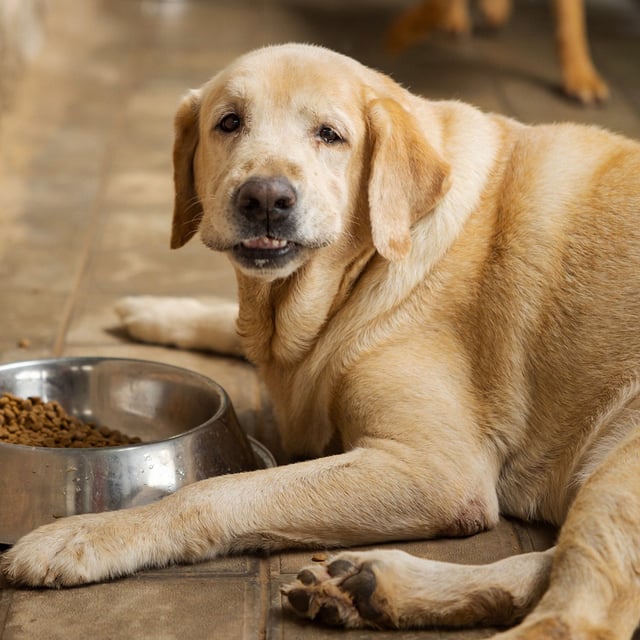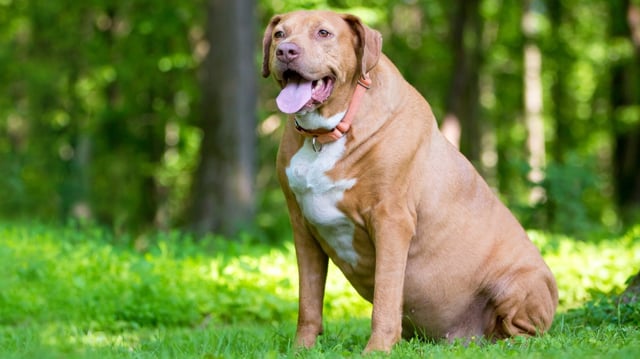Overview
- Okava has launched first trials of its OKV-119 implant, containing an exenatide-based GLP-1 mimic, in dogs and cats with a commercial target around 2028–2029.
- The chip-sized device, developed in partnership with Vivani Medical, is designed to sit under the skin and release appetite-suppressing drug steadily over six months.
- Human GLP-1 therapies such as semaglutide and tirzepatide do not work reliably in dogs, prompting species-specific mimics to overcome canine biological differences.
- Veterinarians warn that suppressed appetite may alter pet behaviour and mask illness, making ongoing health monitoring essential alongside any drug treatment.
- Experts stress that diet and exercise should remain first-line obesity interventions and view GLP-1 implants as adjunct tools pending further safety, efficacy and regulatory review.


